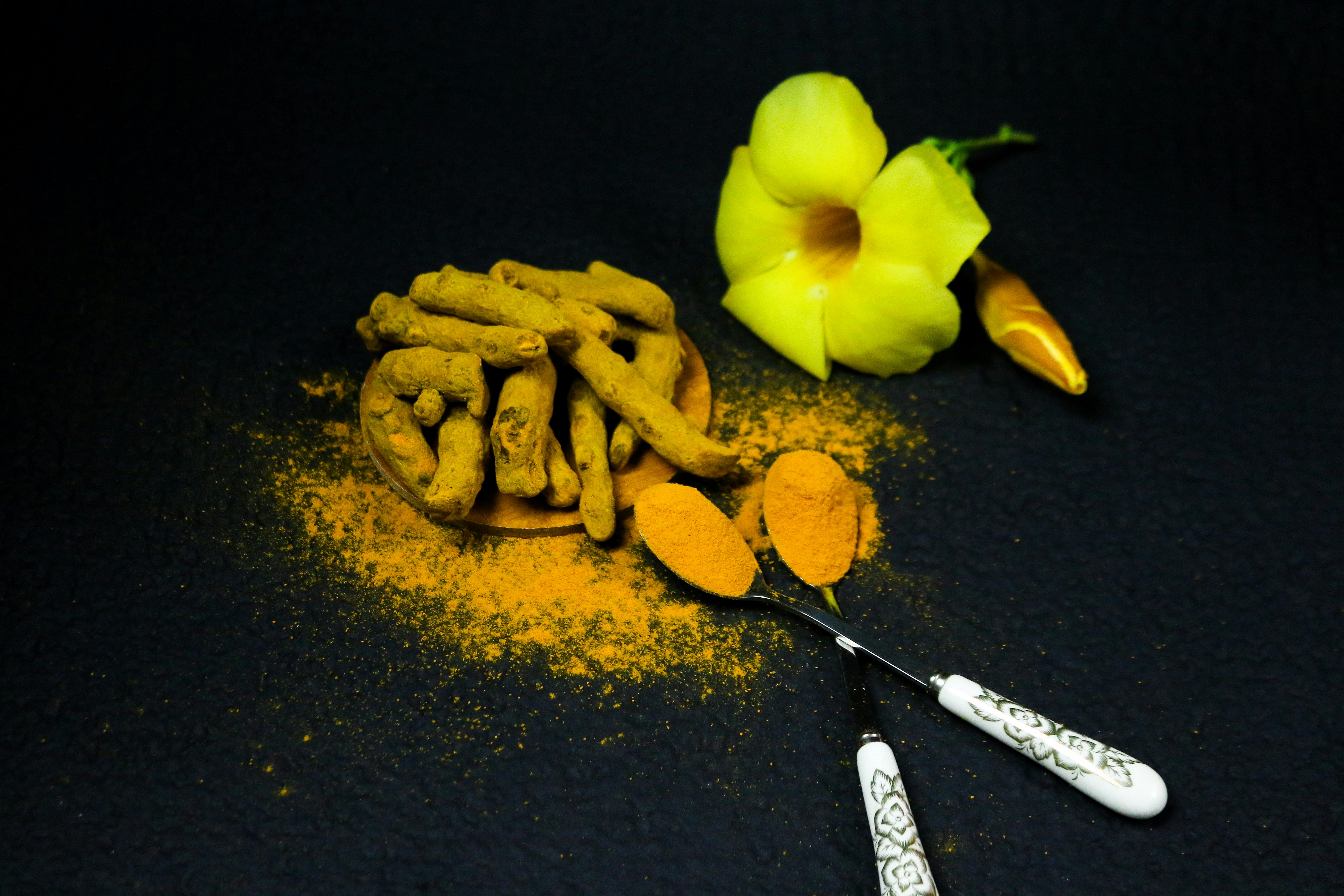
Nature's golden spice delivers powerful relief for lupus patients, new clinical trial reveals.
A groundbreaking clinical trial has revealed that curcumin, the active compound found in turmeric, may offer new hope for individuals living with systemic lupus erythematosus (SLE), an often-debilitating autoimmune condition. The study, published in the European Journal of Nutrition, demonstrates that curcumin supplementation can significantly reduce key inflammatory markers associated with lupus activity.
Understanding the Research
Researchers conducted a rigorous triple-blinded, placebo-controlled trial involving 70 lupus patients aged 18-60 years. The study design ensured that neither the patients, healthcare providers, nor researchers knew who received the treatment, eliminating potential bias. Participants received either 1000mg of curcumin daily or a placebo for ten weeks.
The findings were particularly noteworthy for two crucial markers of lupus activity. First, the study showed a significant reduction in anti-ds DNA antibodies, which are specific markers of lupus that indicate the severity of the autoimmune response. Patients receiving curcumin saw their anti-ds DNA levels drop from approximately 52.57 to 43.27 units, while the placebo group showed minimal change.
Even more promising was the reduction in interleukin-6 (IL-6), a key inflammatory molecule that plays a central role in autoimmune inflammation. The curcumin group experienced a substantial decrease in IL-6 levels from 127.11 to 101.49 units, representing a significant improvement compared to the placebo group.
Why This Matters
For the estimated 5 million people worldwide living with lupus, these findings offer particular significance. Current treatments for lupus often involve powerful immunosuppressive medications that can come with significant side effects. Curcumin, as a natural compound with a long history of culinary and medicinal use, potentially offers a gentler complementary approach to managing the condition.
The study's lead investigators emphasized that curcumin appeared both effective and safe as an adjuvant therapy, meaning it could be used alongside conventional treatments to enhance overall outcomes. This is particularly important for lupus patients, who often struggle with finding the right balance of treatments to manage their symptoms without overwhelming side effects.
The Broader Context
This research adds to a growing body of evidence supporting curcumin's anti-inflammatory properties. While previous studies have demonstrated curcumin's benefits in other inflammatory conditions, this trial specifically validates its potential in autoimmune conditions like lupus.
The study's methodology was particularly robust, employing multiple measures to ensure reliability:
- Triple-blinding to eliminate bias
- A substantial sample size of 70 participants
- A comprehensive panel of inflammatory markers
- A reasonable intervention period of 10 weeks
- Careful monitoring of dietary factors
Looking Forward
While these results are promising, the researchers acknowledge that larger, longer-term studies would help further validate these findings. However, for lupus patients and their healthcare providers, this research offers a scientifically-backed option to consider as part of a comprehensive treatment approach.
The relatively modest dosage of 1000mg daily also suggests that curcumin supplementation could be a practical addition to existing treatment regimens. However, as with any supplement, patients should consult with their healthcare providers before starting curcumin, particularly to ensure it won't interact with their current medications.
This study represents an important step forward in understanding how natural compounds like curcumin might help manage complex autoimmune conditions. As research continues, we may discover even more applications for this promising natural anti-inflammatory agent.
References:
1. Sedighi S, et al. The effects of curcumin supplementation on inflammatory markers in systemic lupus erythematosus patients: a randomized placebo-controlled trial. Eur J Nutr. 2024 Nov 15;64(1):8.
Important Notice: This article was also published at https://greenmedinfo.com by GreenMedInfo Research Group where all credits are due.
Disclaimer
The watching, interacting, and participation of any kind with anything on this page does not constitute or initiate a doctor-patient relationship with Veripeudic.com. None of the statements here have been evaluated by the Food and Drug Administration (FDA). The products of Veripeudic.com are not intended to diagnose, treat, cure, or prevent any disease. The information being provided should only be considered for education and entertainment purposes only. If you feel that anything you see or hear may be of value to you on this page or on any other medium of any kind associated with, showing, or quoting anything relating to Veripeudic.com in any way at any time, you are encouraged to and agree to consult with a licensed healthcare professional in your area to discuss it. If you feel that you’re having a healthcare emergency, seek medical attention immediately. The views expressed here are simply either the views and opinions of Veripeudic.com or others appearing and are protected under the first amendment.
Veripeudic.com promotes evidence-based natural approaches to health, which means integrating her individual scientific and clinical expertise with the best available external clinical evidence from systematic research. By individual clinical expertise, I refer to the proficiency and judgment that individual clinicians acquire through clinical experience and clinical practice.
Veripeudic.com does not make any representation or warranties with respect to the accuracy, applicability, fitness, or completeness of any multimedia content provided. Veripeudic.com does not warrant the performance, effectiveness, or applicability of any sites listed, linked, or referenced to, in, or by any multimedia content.
To be clear, the multimedia content is not intended to be a substitute for professional medical advice, diagnosis, or treatment. Always seek the advice of your physician or other qualified health providers with any questions you may have regarding a medical condition. Never disregard professional medical advice or delay in seeking it because of something you have read or seen in any website, video, image, or media of any kind. Veripeudic.com hereby disclaims any and all liability to any party for any direct, indirect, implied, punitive, special, incidental, or other consequential damages arising directly or indirectly from any use of the content, which is provided as is, and without warranties.

